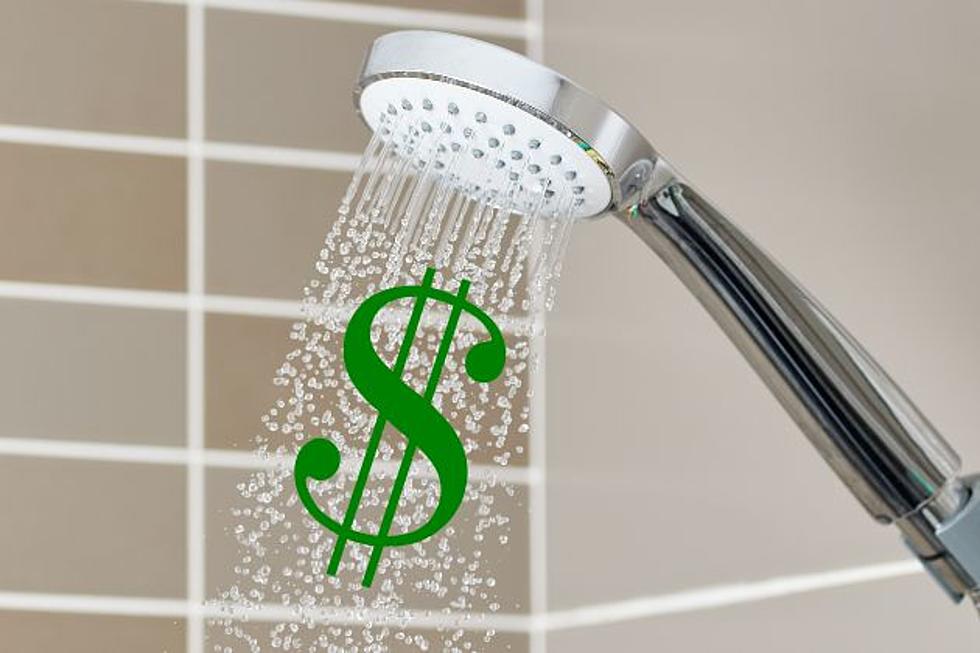
Behind on water bills? New NJ law might help you — but you have to act
⚫ A new law essentially forces utilities to participate in a federal assistance program
⚫ Eligibility is based on household income
⚫ The program is scheduled to end in the fall
The clock is ticking on a water-bill assistance program that you may not even know about.
But you're likely to learn a lot more about it in the weeks and months ahead, thanks to a new state law — and perhaps that can save you thousands of dollars.
Just a fraction of the hundreds of public utilities, local authorities, and municipal authorities in New Jersey had been participating in the Low Income Household Water Assistance Program from the federal government, which applies funds to the accounts of eligible customers who've fallen behind on their water or wastewater bills, or can't afford to have their services restored.
With the new law, though, utilities that don't sign a vendor contract to receive LIHWAP payments are blocked from taking certain actions against customers with arrearages — such as discontinuing service, assessing interest on still-owed bills, or enforcing a lien for unpaid balances.
Gov. Phil Murphy signed the bill into law on April 5, and it takes effect immediately.
"The residents of our state deserve to have access to essential utility services in their household no matter their income," Murphy said.
Who's eligible for LIWHWAP?
Eligible residents can receive up to $4,000 per service (water and sewer).
Eligible individuals include those who pay for their own water and sewer and meet low-income requirements.
Monthly household income thresholds are below, courtesy of the New Jersey Department of Community Affairs, which is administering the program.
Essentially, the monthly household income must be at or below 60% of the state's median income.
"There's a significant amount of money available to help customers who do qualify, but it's time-limited and the budget is limited as well," said Evelyn Liebman, director of advocacy for AARP New Jersey.
Non-participating utilities are blocked from shutting off water services for customers who have fallen behind on payments until Oct. 1. The program is scheduled to expire on Sept. 30.
The new law also requires water and sewer service providers to notify residents about LIHWAH on all bills, and on their websites.
How to apply for LIHWAP
If your utility is signed up with LIHWAP, it's still on you to file an application for assistance.
The "access portal" can be reached at this site. Individuals without access to a computer or the internet can call 1-800-510-3102 to be connected with a partner agency that can assist in the application process.
Assistance is awarded on a first-come, first-served basis.
Dino Flammia is a reporter for New Jersey 101.5. You can reach him at dino.flammia@townsquaremedia.com
Click here to contact an editor about feedback or a correction for this story.


